Want a Toyota Hybrid? Get Ready to Wait
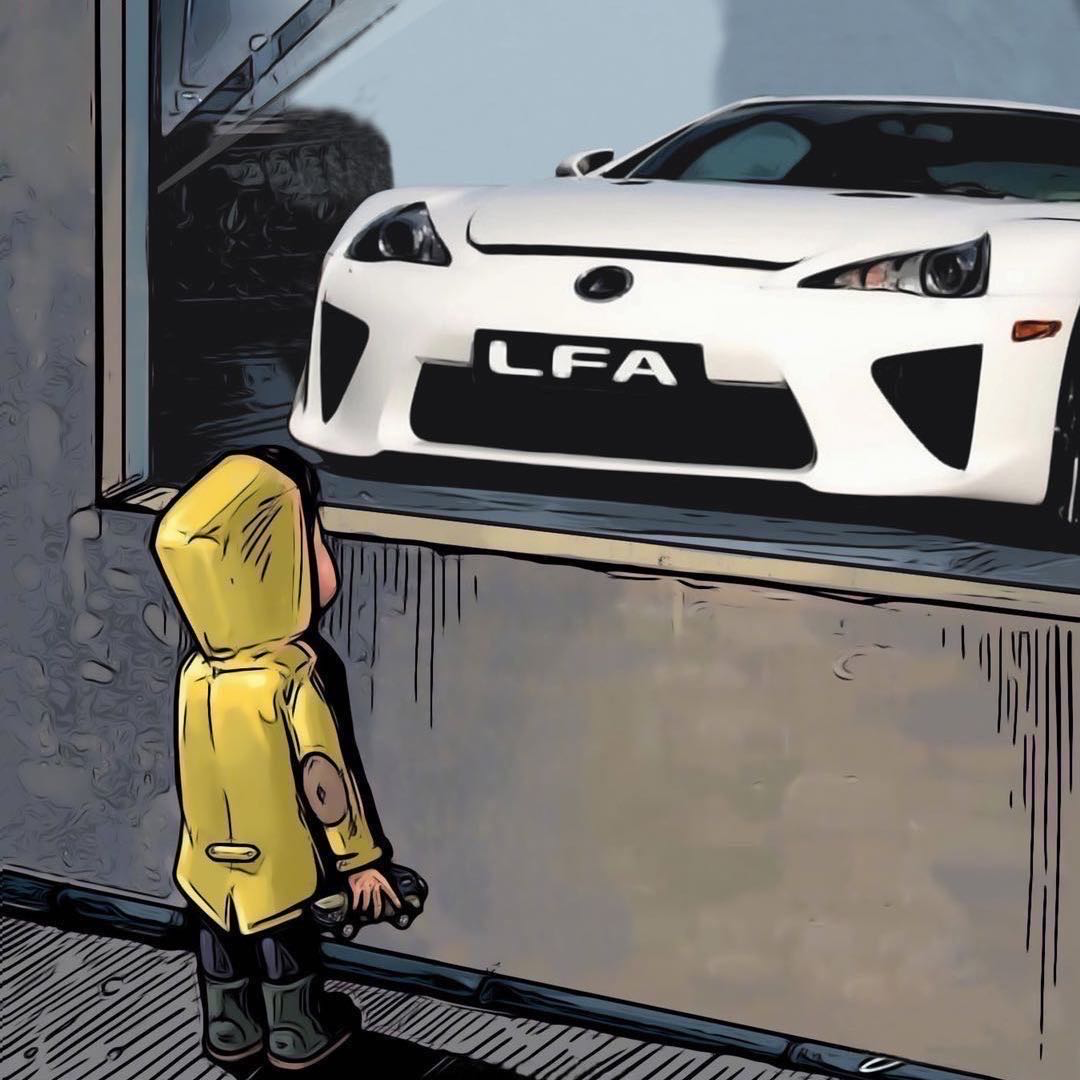 LienMar 31, 2025, 05:53 PM
LienMar 31, 2025, 05:53 PM
【PCauto】As the global automotive industry speeds up its transformation towards new energy, Toyota's hybrid vehicles are popular with the vehicle market, but fall into the tricky problem in supply .
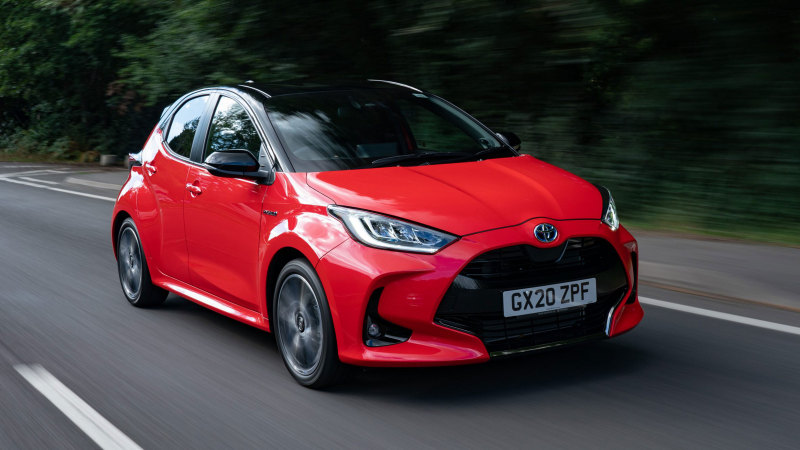
According to insiders, the skyrocketing demand for Toyota hybrid vehicles has led to a shortage of Toyota parts, and car buyers have to wait for several months. At Toyota dealerships in major markets such as the United States, Japan, China, and Europe, stocks of hybrid vehicles are in extremely short supply.
The global sales data show that the past five years can be called the golden growth period of hybrid vehicles, including plug-in hybrid models, global sales of hybrid vehicles have nearly achieved a double growth, increasing from 5.7 million to 16.1 million vehicles.
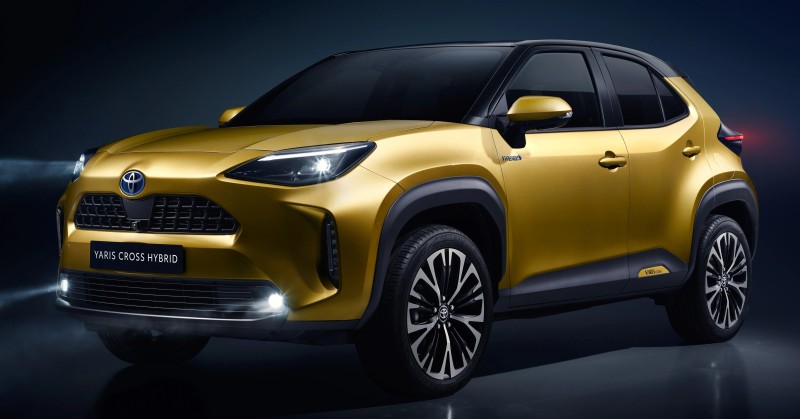
In terms of regions, the European market is enthusiastic about hybrid vehicles. The vehicles with the highest demand and tightest supply are the Yaris Cross hybrid version and the RAV4 hybrid version. Now, Toyota's European buyers have to wait for an average of 60 to 70 days to buy a new hybrid car, doubling the waiting time compared to 2020.
The Asian market faces the similar challenge. In Japan, the Toyota official website shows that buyers often need to endure two to five months to purchase a hybrid vehicle. At a dealership on the west coast of the United States, the Prius was sold out by mid-February, leaving only a few Camry hybrids four buyers to purchase. Even in India, the key growth market of Toyota, consumers still have to wait for 2 to 9 months depending on the type of the model, despite the delivery time has been improved since last year.
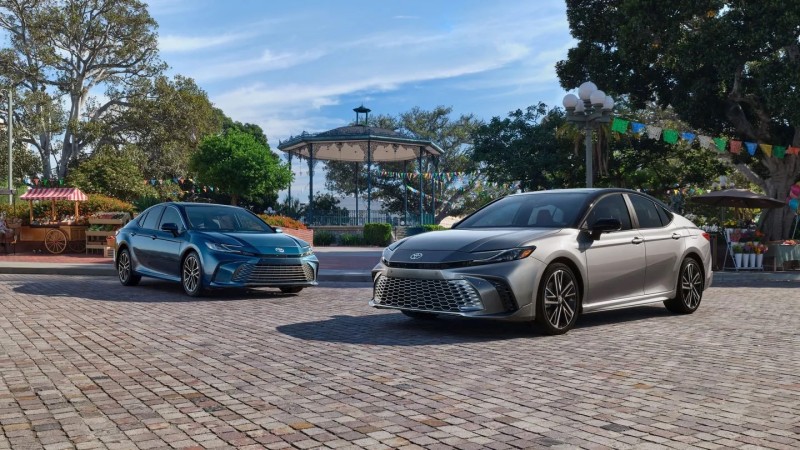
The surge in demand poses a serious challenge to Toyota. The production process is frequently hindered due to the shortage of parts, and delays in delivery have led to many customers' complaints. A senior executive of the Asian Development Bank ordered a hybrid version of the Innova Hycross SUV in January 2023, and was initially told to wait for 25 to 30 weeks, but then received an email requesting to wait for an additional 15 to 25 weeks. In the end, he gave up waiting and opted for other models.
However, this predicament also indirectly testifies the correctness of Toyota's adherence to the hybrid technology route for many years. While some competitors firmly believe that pure battery electric vehicles will quickly eliminate hybrid demand, Toyota, with its deep technological foundation and mature product system, has continued to work diligently in the field of hybrids and has been well received by the market.
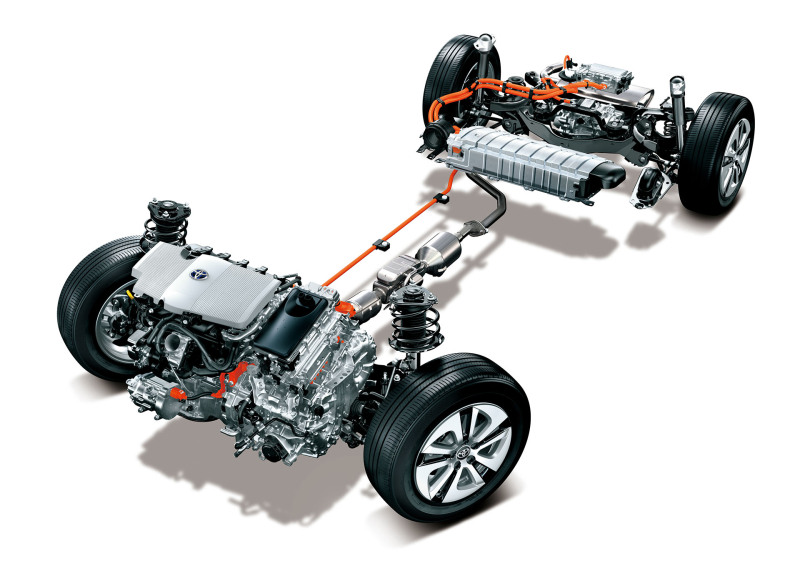
Upon investigating the root cause of the supply shortage, the main reason for the delay lies in the tight supply of parts used in hybrid powertrain assemblies. These key components are mostly made in Japan and then shipped to overseas for assembling the vehicle. For example, the shortage of magnets supplied to Aisin parts has prevented Aisin from obtaining rotors and stators from suppliers, thereby delaying the delivery of hybrid motors to Toyota. Although the sources of magnets include Japan and China, the supply problem Aisin faced affected the whole world. Likewise, Denso is also constrained by the bottleneck of second and third level suppliers, delaying the delivery of inverters. As a key component that converts battery current and controls the motor, the impact of its supply bottleneck is serious.
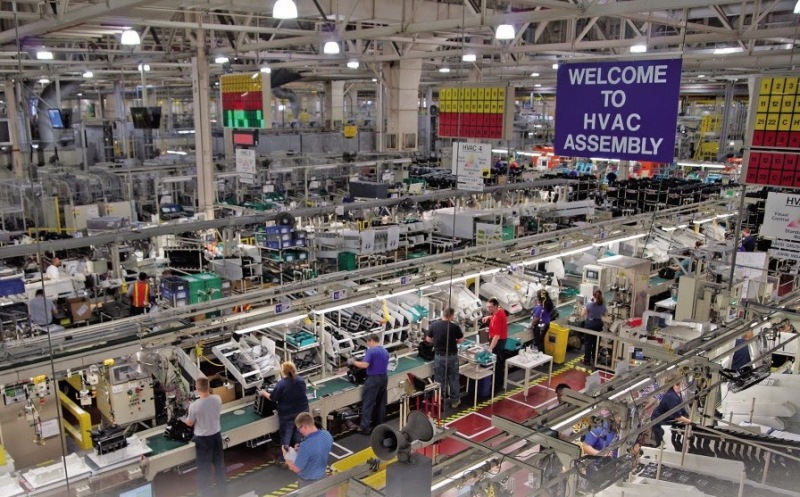
Facing the dilemma of the parts shortage, nextly, Toyota may expand its supplier map, seeking supply channels besides Denso India, even considering manufacturing inverters in the country. In terms of capacity improvement, Toyota's subsidiary in India stated that eliminating supply chain bottlenecks has made the waiting time "significantly reasonable". The company recently expanded its production capacity, which can produce an additional 32,000 cars per year, and it is continuously investing to add 100,000 more capacity.
From a global perspective, Toyota has invested $14 billion in North Carolina to build a battery factory to fully meet the demands of hybrid vehicles. Toyota even announced that from April onwards, it will start transporting batteries for electric vehicles in North America. It's worth noting that among the vehicles Toyota assembled in the United States last year, nearly half of them were hybrids.
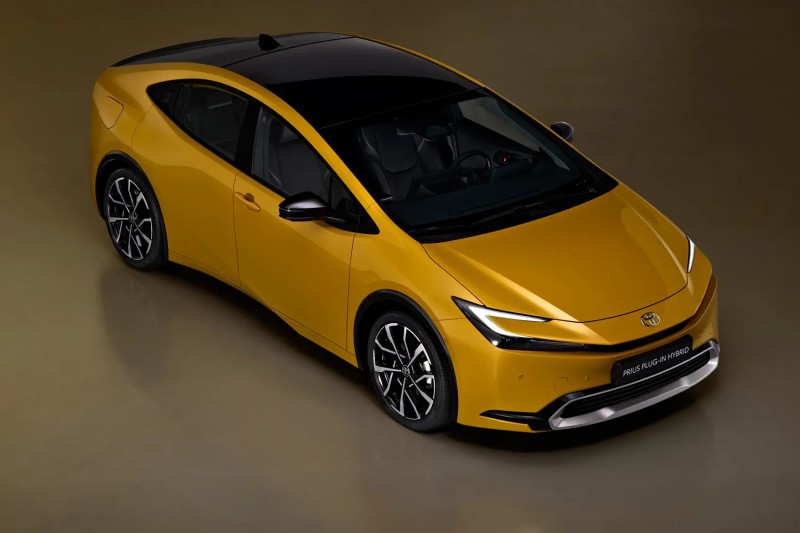
In the Chinese market, Toyota's hybrid vehicles have become a rare highlight. Despite a 7% year-on-year decline in Toyota's overall sales in China in 2024, sales of its hybrid vehicles bucked the trend and grew by 27%. At the same time, competitors like Hyundai and Kia are also struggling to increase production of hybrid cars due to lack of capacity.
If any infringement occurs, please contact us for deletion
Trending News

2026 Toyota Hilux Travo released, the brand-new exterior and interior are highly anticipated
If you're considering buying a Hilux, honestly, the comprehensive innovations in the ninth generation are worth waiting for. While the current model might still have some advantages in terms of reliability and price, the new model offers significant changes in terms of exterior and interior luxury, tech features, and powertrain options.

Perodua Traz VS Ativa, which one is more worth buying?
Traz, as a newly launched mid-sized SUV, offers more spacious room and mainstream power compared to small SUVs, but its pricing appears slightly higher than that of Ativa. Ativa, on the other hand, is Perodua's long-time best-selling small SUV with more affordable pricing and a balanced combination of power and tech features.

Perodua Myvi and Bezza may undergo major upgrades in 2026
After the update, the Bezza will no longer be just a low-cost alternative but a core model in the Perodua system with greater market competitiveness and brand premium potential. The upgrade of the Myvi is not to be unconventional but to strengthen the brand and market, ensuring that the Myvi continues to maintain its irreplaceable position in the new round of product competition.

Which one is better, Honda City or Toyota Vios?
When choosing a compact sedan, Honda City and Toyota Vios are often two options that make people weigh repeatedly. You might be attracted to the dynamic design of the Vios but also be captivated by the City.

Perodua Traz VS Toyota Yaris Cross, where does the Traz fall short?
Before the official launch of the Perodua Traz, market expectations were actually very high because it shares the same DNGA platform as the Toyota Yaris Cross. However, sharing the same platform does not equate to the same experience, and the Traz's final performance has indeed been disappointing. Perhaps it is precisely because of the delayed launch that it has almost no competitiveness in the current competitive environment.
Popular Cars
Model Year
Car Compare
Car Photo

